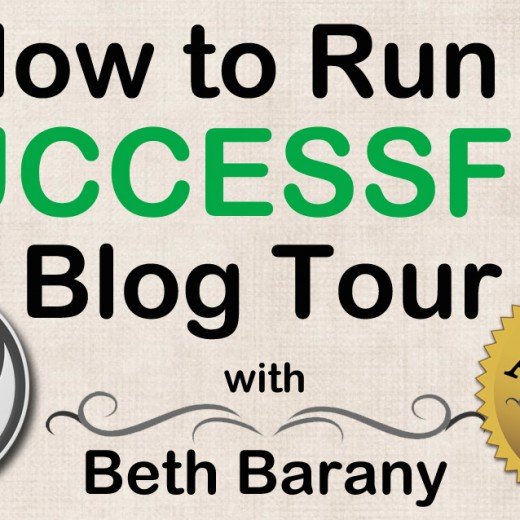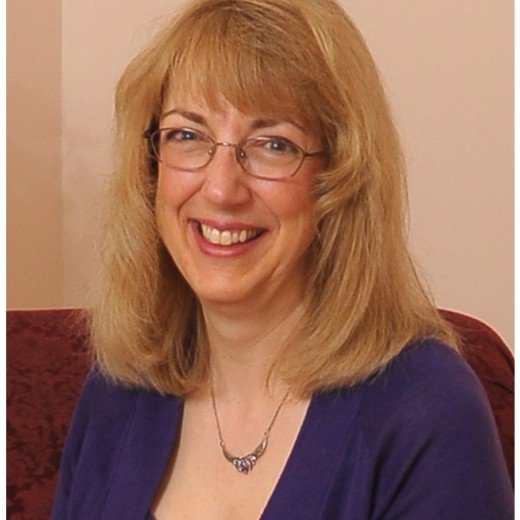On Theme: A Game of Memory and Deep Meanings for Writers by Wyatt Bessing
 Henrietta strode away from the tavern, fists clenched so hard they hurt. At two paces from the forest’s edge, the ground crunched in the black night behind her. Even with her ale-fogged brain, she sensed the presence of a man, smelled on him soot, leather, and metal, and knew he was armed but wore no armor.
Henrietta strode away from the tavern, fists clenched so hard they hurt. At two paces from the forest’s edge, the ground crunched in the black night behind her. Even with her ale-fogged brain, she sensed the presence of a man, smelled on him soot, leather, and metal, and knew he was armed but wore no armor.
She didn’t have time for this.
“What do you want?”
With these opening paragraphs, Beth Barany, author of Henrietta The Dragon Slayer, quickly establishes conflict and hints at one of the themes of her book Henrietta the Dragon Slayer. It’s a wonderful beginning, raising questions and making us wonder.
Why is our protagonist clenching her fists? Why is she in such a hurry?
Finally, what does her antagonist want? Barany sets up the scene to come, a struggle between two characters battling for status, each thinking themselves better than the other. We also instantly have an impression of Henrietta. She is quick to temper, and extremely perceptive.
We are questioning and actively engaged with the story. When you make your reader question, they begin telling the story within themselves, seeking possibilities, engaging in deep and imaginative play.
But it takes more than anticipation and suspense to create wonder. It takes theme.
Slowly crafted through imagery and action as Barany does here, theme is that magic ingredient that strikes to the heart of the human condition and may literally leave us gazing over the infinite abyss of life and death. This is the human issue your story examines. Some examples include life, death, humanity, nature, individuality, otherness, and community.
Notice how themes are usually expressed in a single word and contain within them their opposite. This is how our Western minds work, seeing things in binary oppositions; I suggest that you play with these ideas, pull them apart in your fiction.
A fabulous “young adult” fantasy example (written before there was such a genre), is A Wizard of Earthsea, by Ursula K. Le Guin, in which the very distinction of light/dark and good/evil are challenged and rendered meaningful only through human intervention.
Here I must caution you against writing toward a theme. Writing to prove a point or set a theme too often results in didactic, preachy writing.
In the first writing phases, develop a strong conflict and a complex character with believable traits and actions. Hopefully, his or her actions follow from that strongest need which drives him or her from one scene to the next, facing ever more challenging situations.
After that plot arc resolves itself, after the character has taken those actions necessary to attempt to achieve the goal, a theme should organically evolve. Then you’ll return to the beginning and seed the story with motifs, those images and allusions that hint at theme, including your opening scene.
In the first example I gave, our heroine Henrietta is a reluctant heroine, as it turns out, running from her past and not wanting to face the legend that follows her. Facing her own legendary status in the tavern challenges her concept of herself; her own strength and force literally hurting her and she clenches her fists in response. Barany skillfully hints at the theme of self versus community.
Let that poetic imagination burst forth, suggestive language that whips around us and catches meaning up in its storm, scattering and coalescing like mist on the window in the morning.
The game I offer you for this month will help you develop your theme, seeding your story with those images and moments that connect deeply to human experience. This game is easier if you have been keeping a journal of observations each day. Almost any observation, if detailed enough, can turn into a bit of motif.
The Game: You have ten minutes to pull imagery at random from your journal, choosing from all those strange or moving experiences you’ve recorded. If you haven’t been keeping a journal, or can’t find enough material, just take this minute and brainstorm the most striking imagery from your day today or yesterday. The rules are simple: Set your timer for one minute. Don’t stop writing until the alarm goes off. Write with all your passion and senses. Go.
Here’s my list of 10 images from today:
Fog drifting in smoky clouds from the field.
The long drive down a foggy mountain to work.
The gibberish of an autistic student beating his chest and giggling.
A suddenly silent and intense student, focused on writing a story.
A shaking hand writing fractured words on the whiteboard.
Scientists watching a brain scan light up as they ask questions to an unconscious man.
The handyman on a ladder as I drive in, asking me for a lightbulb.
Bamboo fencing collapsing, letting in light from the neighbor’s lot.
Beer bottles exploding in the freezer.
A melange of memories in photos collaged on the refrigerator
I have uncovered imagery for seeding theme into any work dealing with borders/identity, fear/safety, meaning/nonsense, or clarity/confusion. Ready-made symbols, they await the right place in my book.
Feel free to use one of these ideas in your own story. But if it comes from your own subconscious, your memory or experience, it will be even more powerful.
***
About the Author
 Wyatt Bessing is a writer, writing coach, and learning specialist. His stories and essays have appeared inBedtime-Story.com, Outsider Ink, national educational assessment materials, and in the anthology Dance, Human Rights, and Social Justice. Through his workshops, website, and blog at wyattgbessing.com, he guides new and experienced writers in crafting more effective, expressive, and striking work. During the day, he works at Star Academy in San Rafael, teaching reading and comprehension skills to students with learning differences in elementary through high school. He lives in Santa Rosa, CA with his wonderful girlfriend and co-creator, Sarah Laugtug.
Wyatt Bessing is a writer, writing coach, and learning specialist. His stories and essays have appeared inBedtime-Story.com, Outsider Ink, national educational assessment materials, and in the anthology Dance, Human Rights, and Social Justice. Through his workshops, website, and blog at wyattgbessing.com, he guides new and experienced writers in crafting more effective, expressive, and striking work. During the day, he works at Star Academy in San Rafael, teaching reading and comprehension skills to students with learning differences in elementary through high school. He lives in Santa Rosa, CA with his wonderful girlfriend and co-creator, Sarah Laugtug.







[…] is from an exercise I published last month at Writer’s Fun Zone, which is a great place for writers, readers, teachers, just about any thoughtful person. I think […]